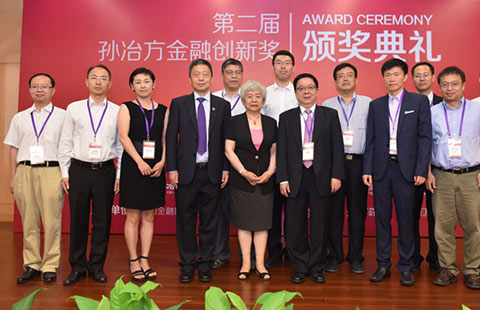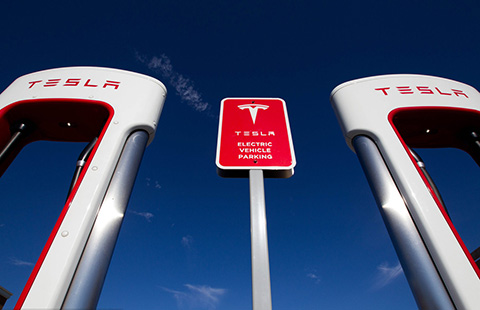Ensuring a healthy life as an expatriate
By He Wei in Shanghai (China Daily) Updated: 2012-10-08 09:42But choosing an insurance firm is a different story. The core competence in high-end medical insurance lies in the combination of network resources and localization abilities, according to industry insiders.
Buchan from Allianz is confident his company can leverage the comprehensive network of medical providers overseas to help clients access medical facilities in the shortest possible period of time.
It has a multilingual helpline and an "on-the-ground" doctor for additional support and advice for each policyholder. "This is the real advantage we have over local insurers," he said,
Likewise, Cigna has close ties with more than 100,000 healthcare providers outside its US headquarters and runs eight service centers 24 hours a day, seven days a week worldwide.
Usually a broker would recommend a customer depending on his or her budget and needs, said Ferte of expatmedicare.com in Shanghai, but clients still opt for foreign-owned ones for better coverage.
"Yes, we do recommend Chinese insurance companies but most clients prefer foreign firms, even though Chinese insurance companies are more competitive," she said.
"The thing is, local insurers' services outside China are not as strong compared with foreign ones and expats are looking for international coverage when they travel or return home."
According to Hayes, people generally get what they pay for in terms of medical insurance. While big-name insurers such as Cigna, Bupa or Allianz, provide comprehensive coverage, age, budget and gender become three decisive factors in choosing products.
A 20-year-old lady would be charged less because of the low likelihood she would develop chronic conditions, he said.
"But if you are a 30-year-old housewife and considering having a baby, you may want to get a Cigna plan with maternity cover included. Certain insurers are good at certain things and, in terms of the benefits, we will help you read between the lines," he said.
Changing market
Two demographic changes have become a critical impetus to the development of high-end medical insurance in China.
The market changed dramatically with a lot more young expats coming to the country so the percentage of highly paid expats fell.
"We are definitely seeing a lot of people who arrive here in their early 20s. With a lot of Mandarin being taught in universities, they think that Asia, particularly China, is the place to be right now," said Hayes of Pacific Prime Insurance Brokers Ltd.
Ferte also sees a growing number of local hires where medical insurance is not part of the package. "What they can afford is not as much as senior expats but the volume is impressive."
As a result, many insurers have introduced tier-plans to cater to varied needs. For instance, Cigna has launched a new insurance package titled Jade in addition to its existing silver, gold and platinum plans, targeted at entry-level buyers.
If you are a 22-year-old Frenchman teaching a language in China, Hayes said, you wouldn't want to get a Cigna or Allianz full package because you could ill afford it.
- Service sector expansion reflects restructuring
- Pierre & Vacances-Center Parcs Group joins HNA to bring in French style
- Postal Savings Bank of China files prelisting documents
- Alibaba said to pay $200m for Wandoujia app store
- Chinese govt discourages iron, steel exports amid lackluster demand
- Service mishaps highlight disconnect with users
- LSE and Deutsche Boerse may go Dutch to win over regulators
- China's commerce ministry: Brexit impact will not last long


















